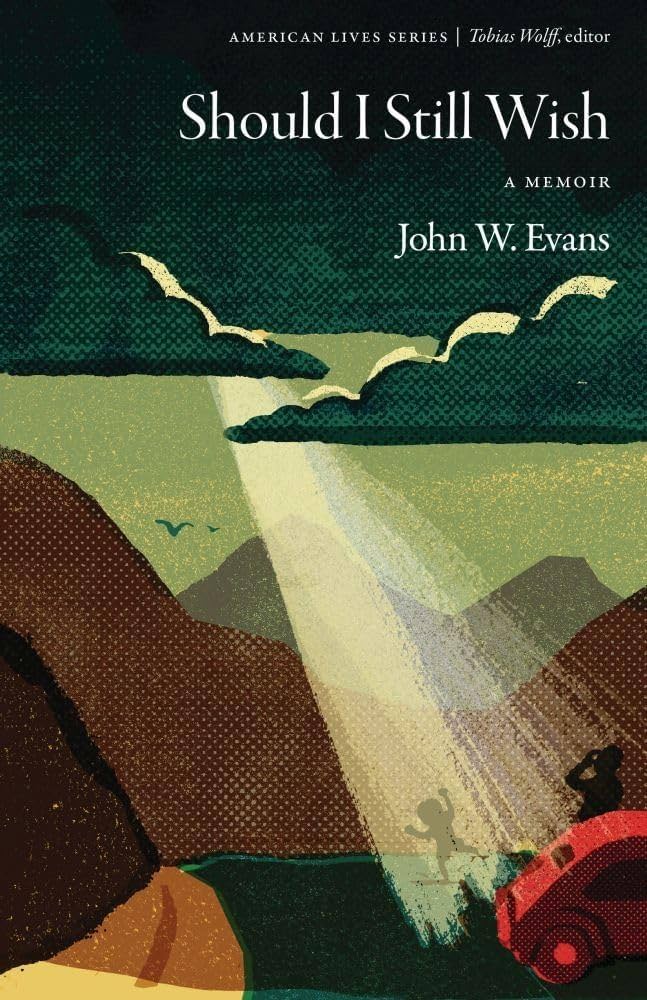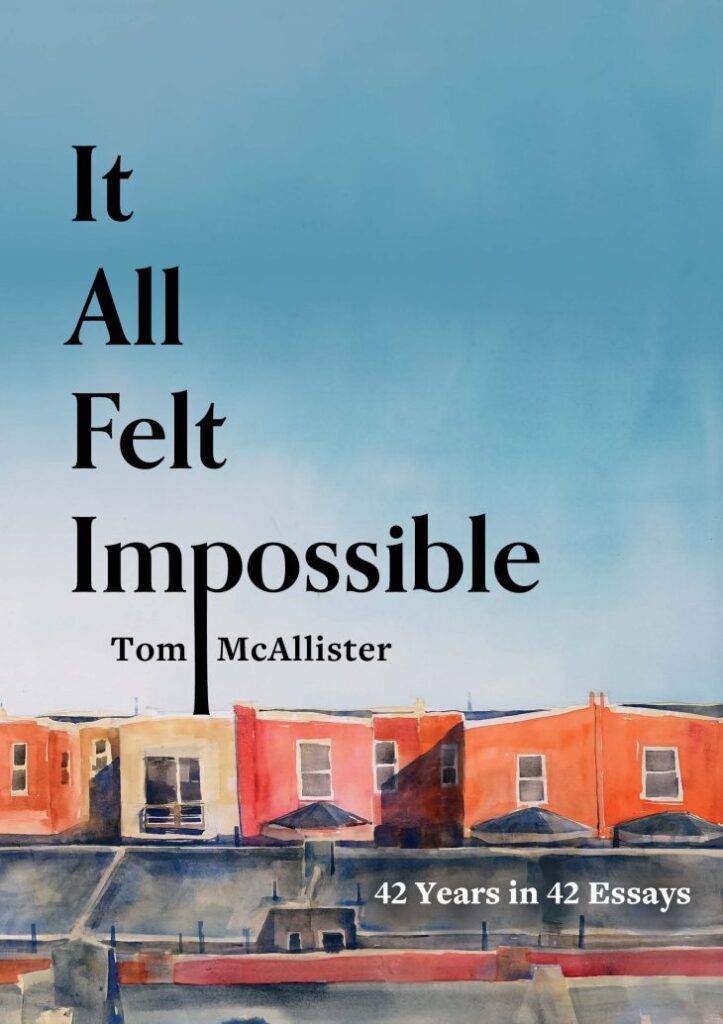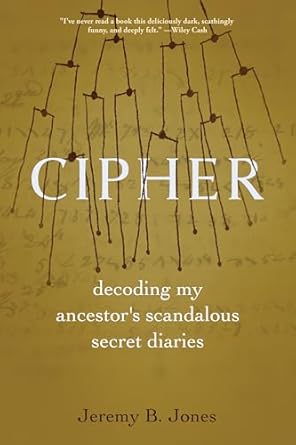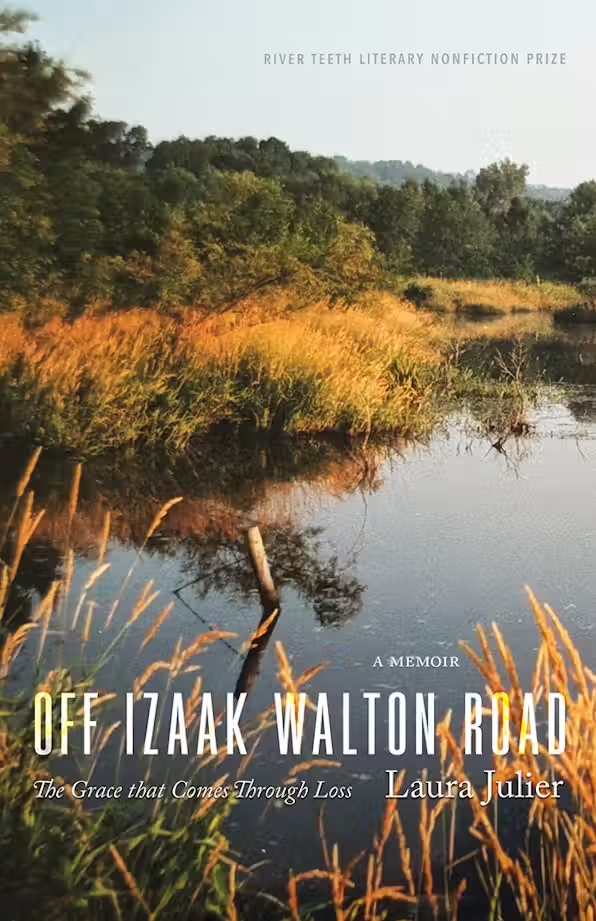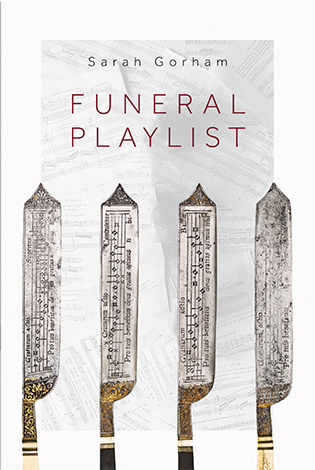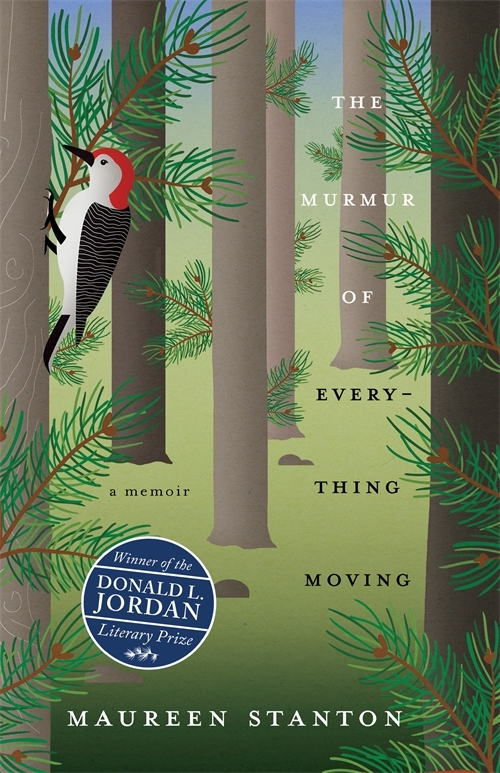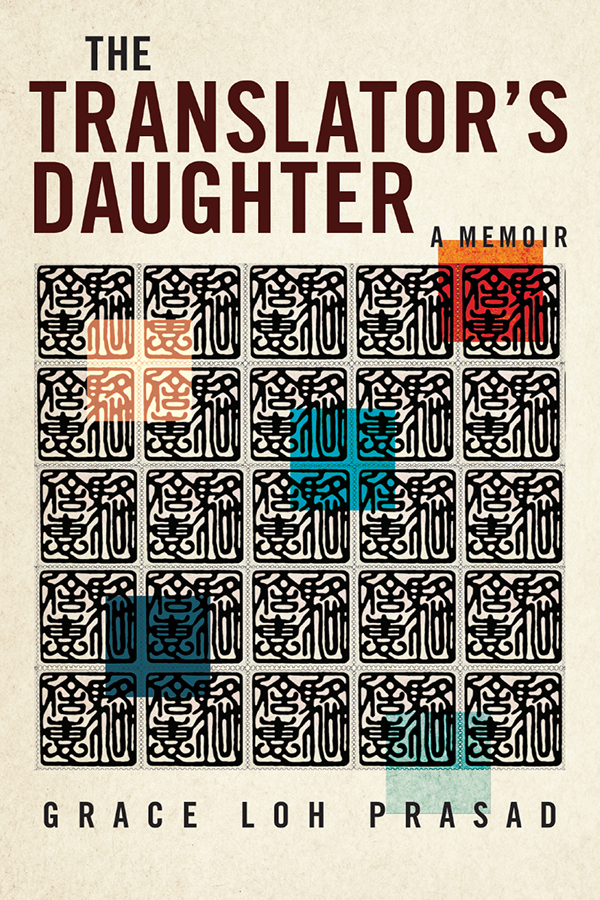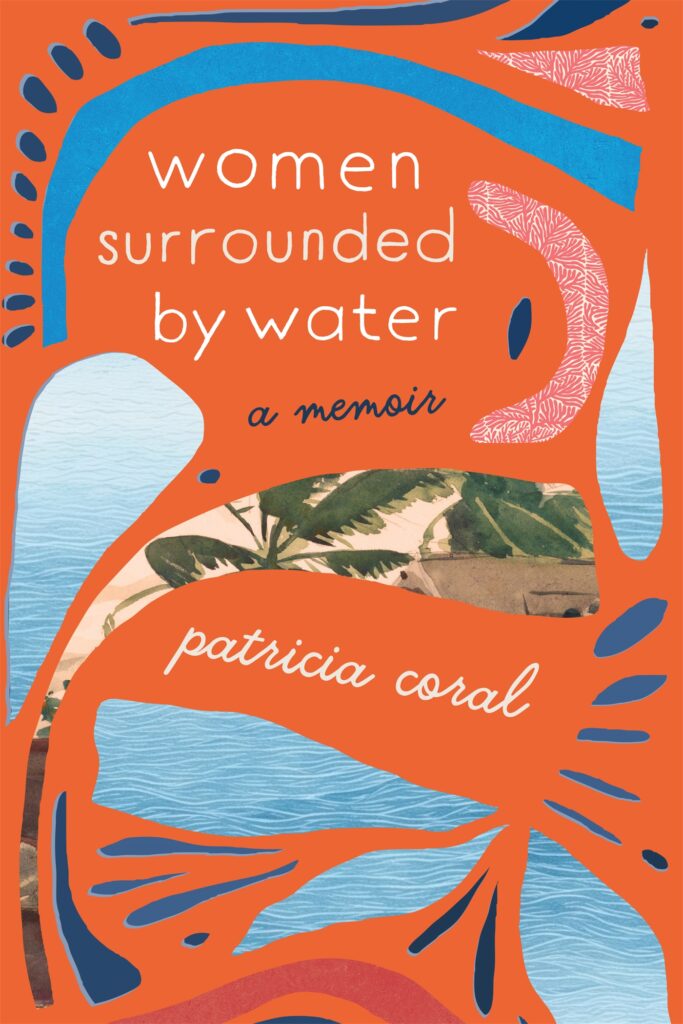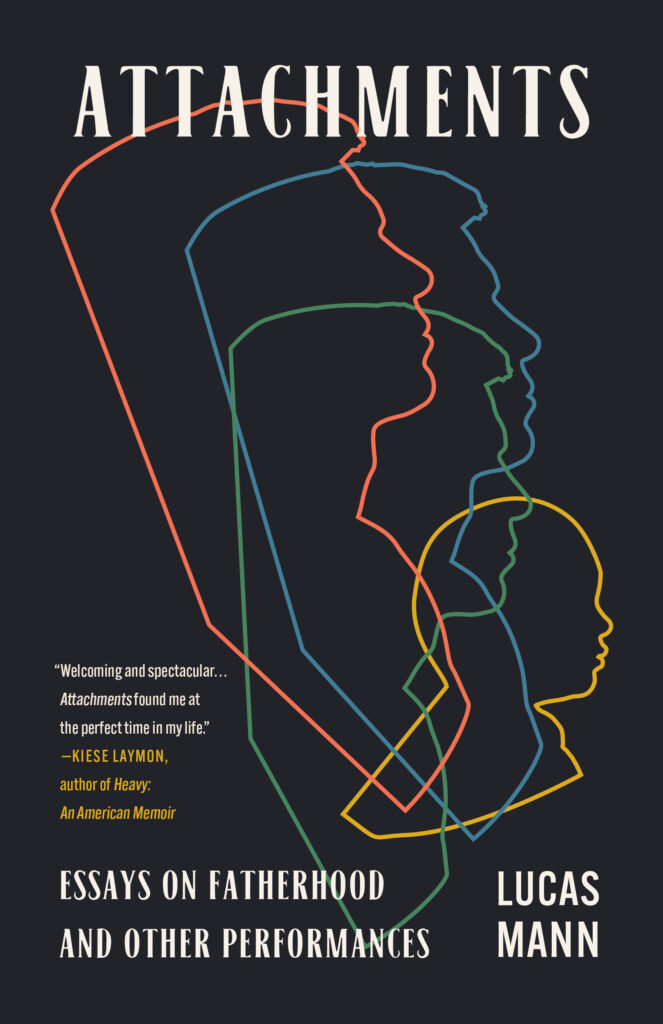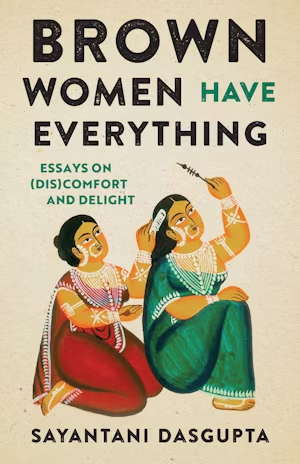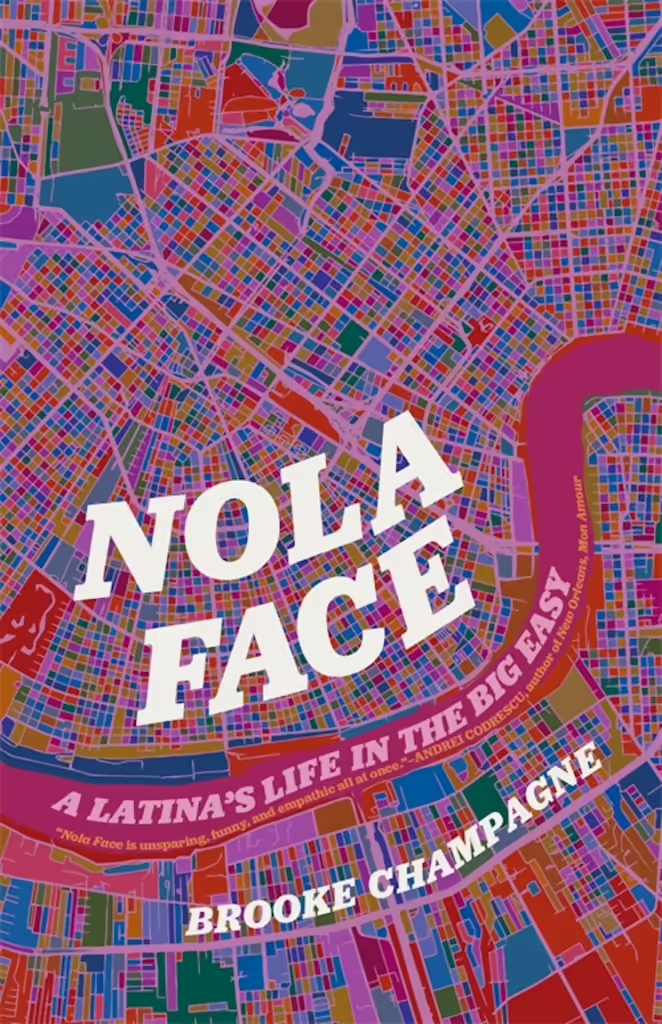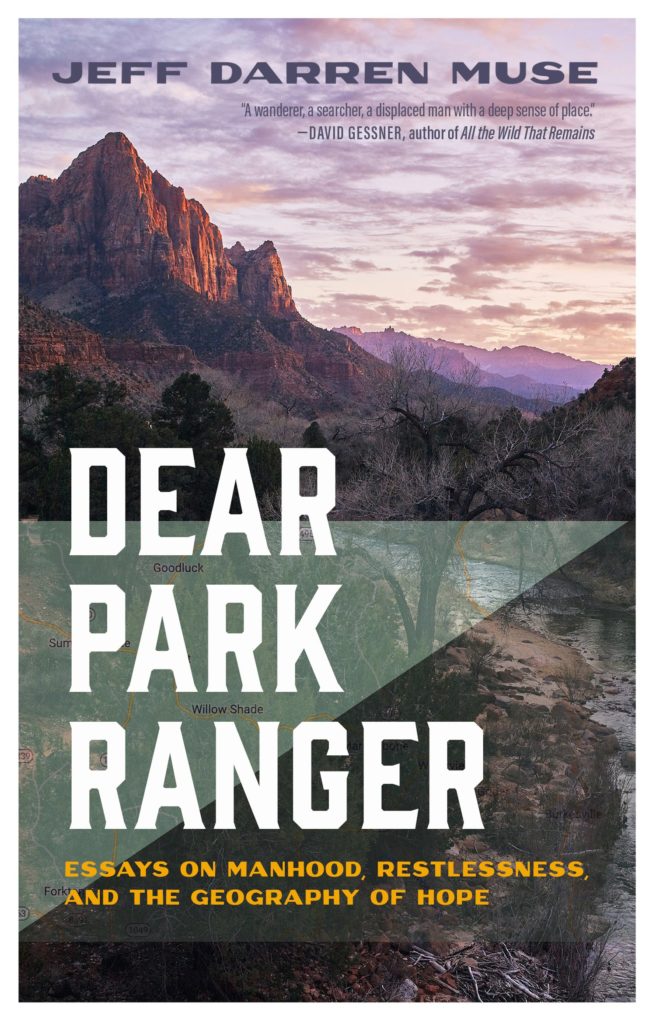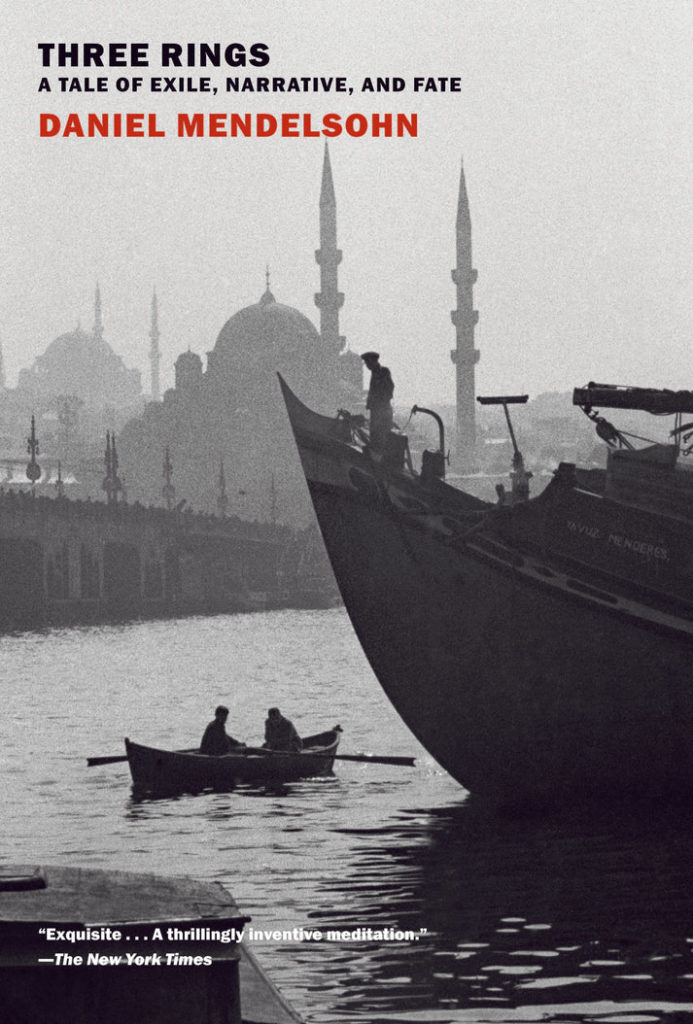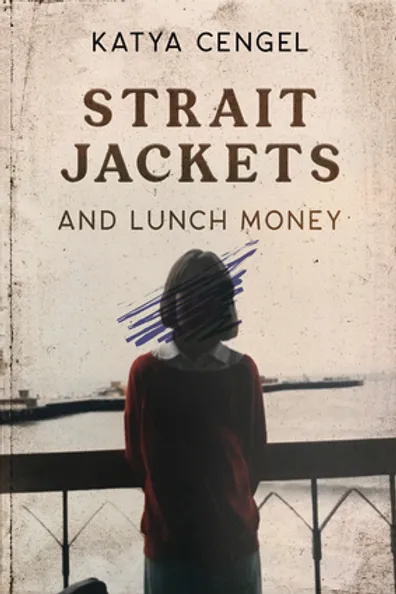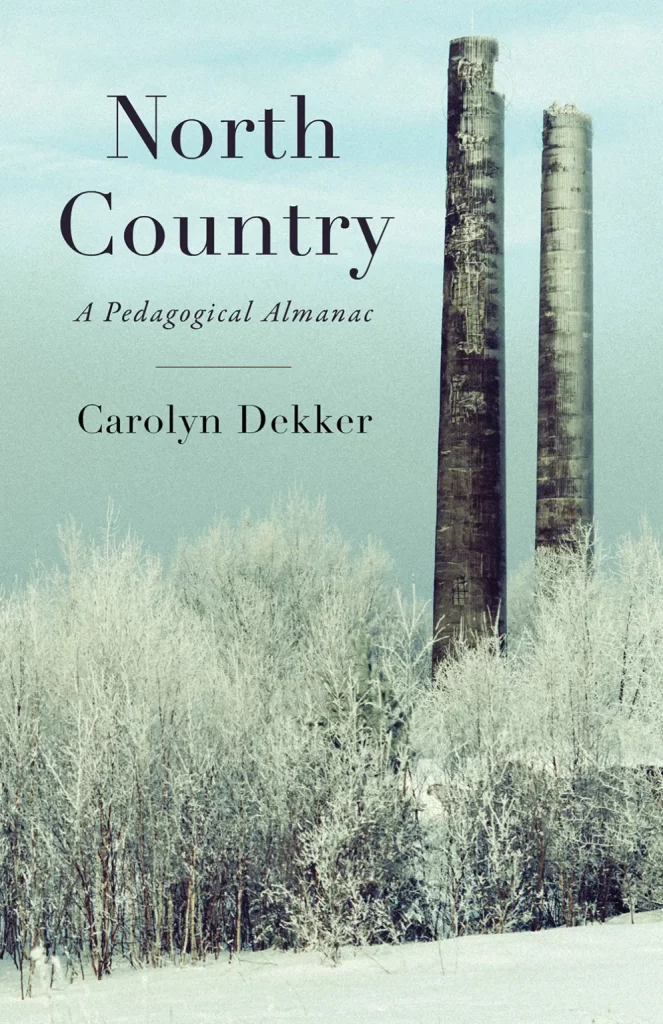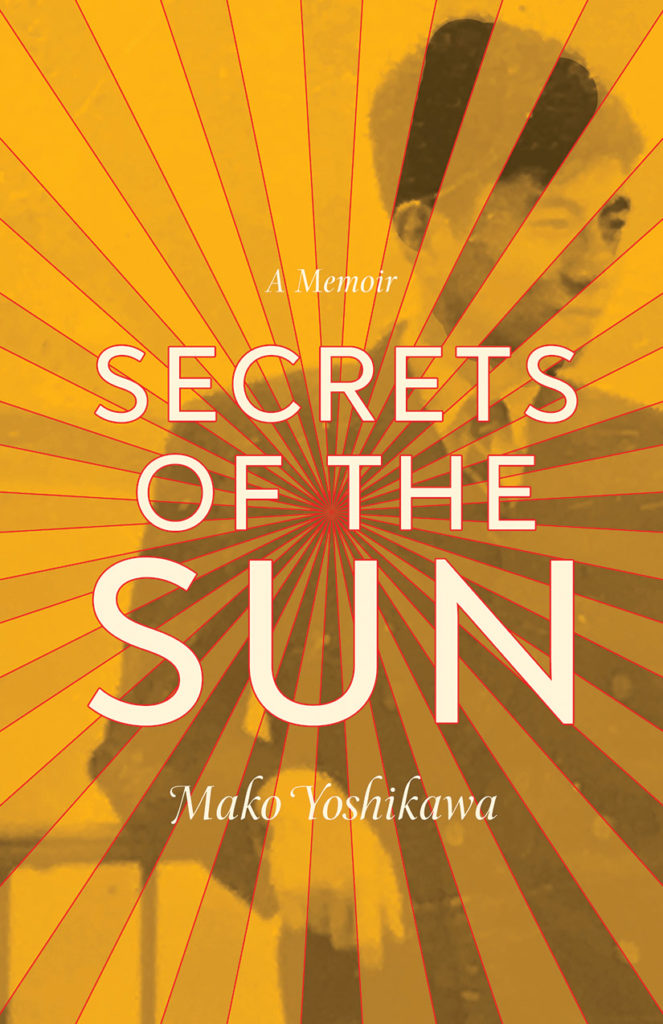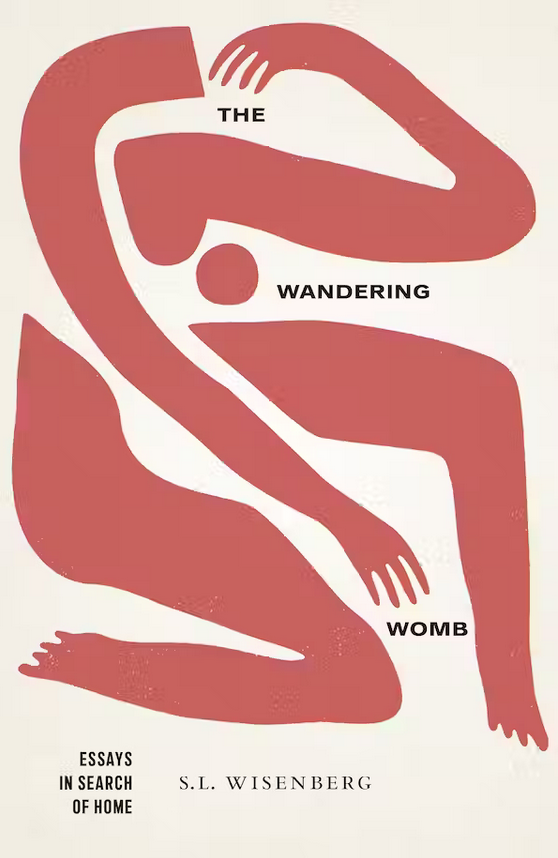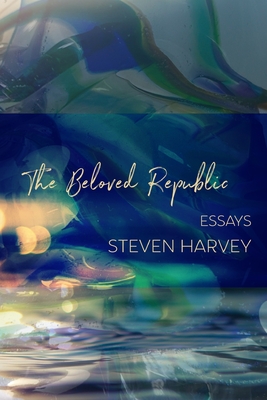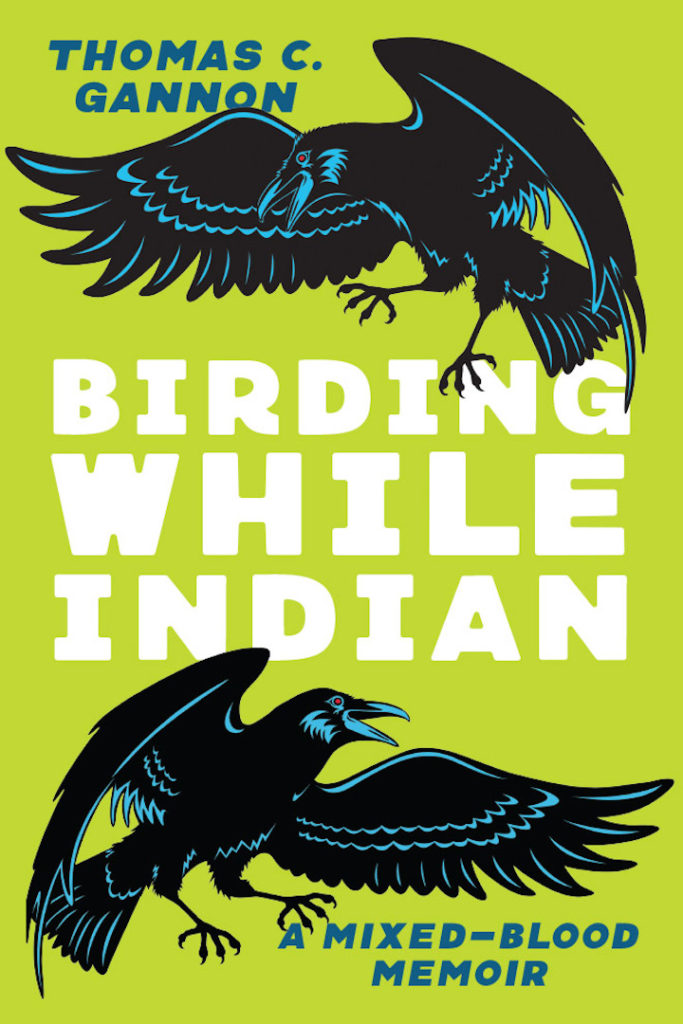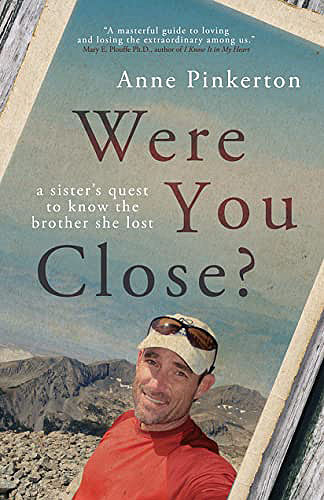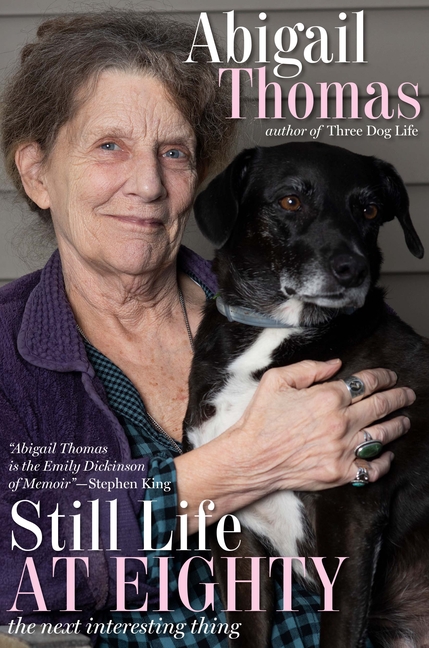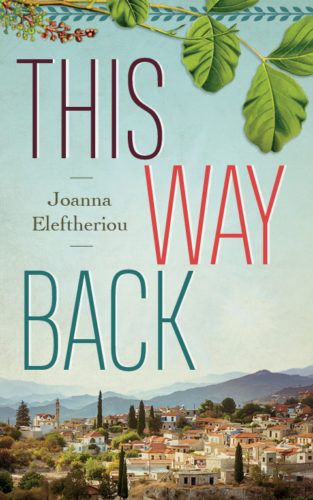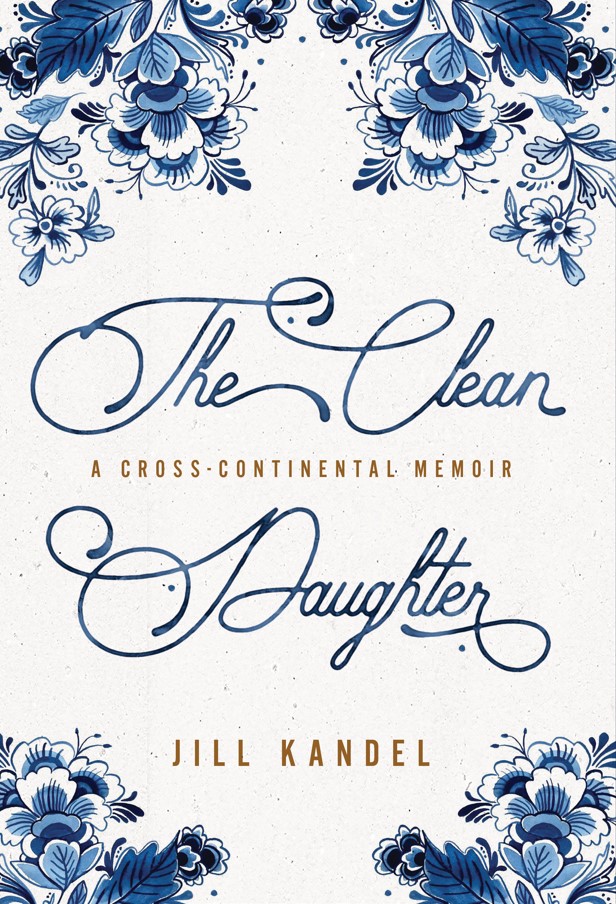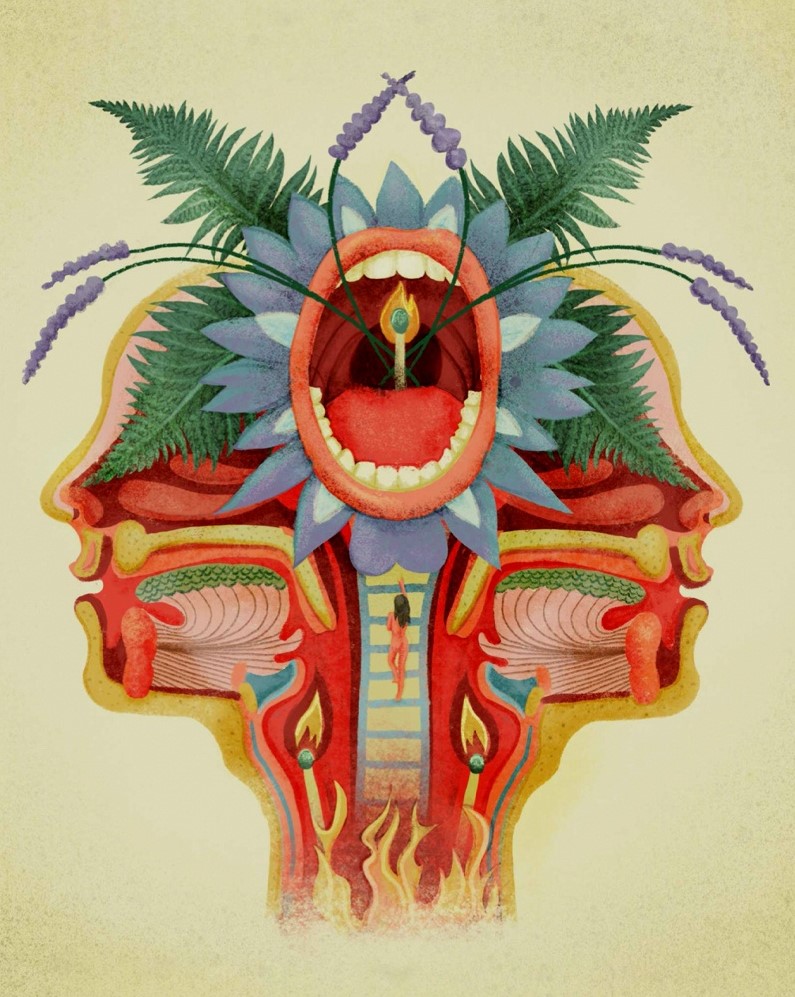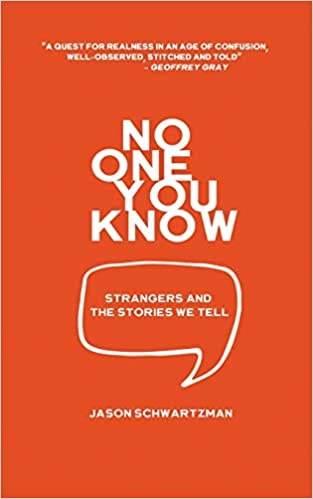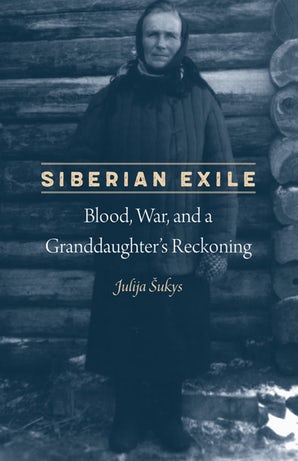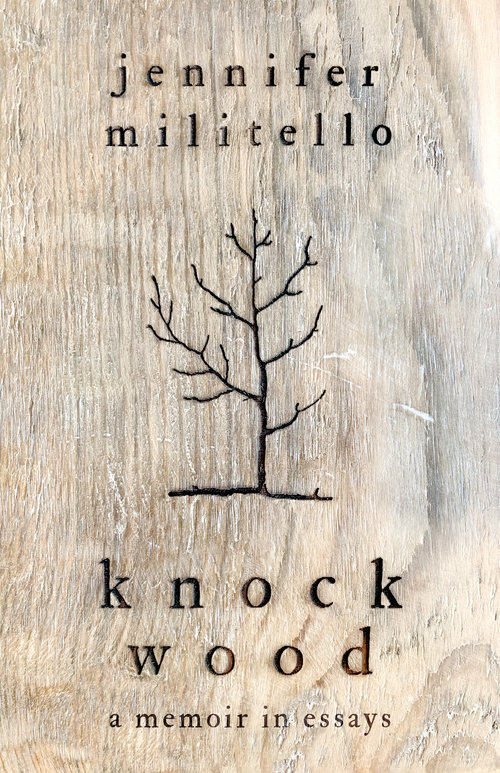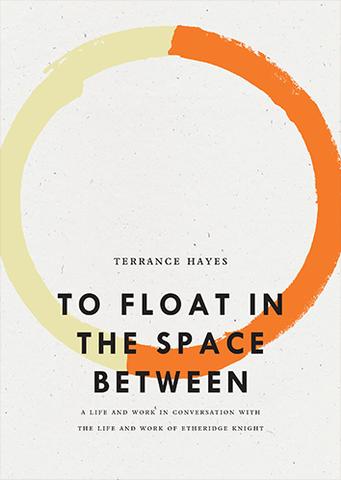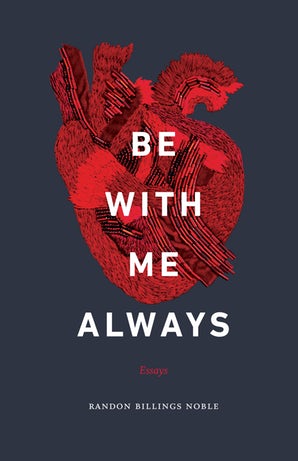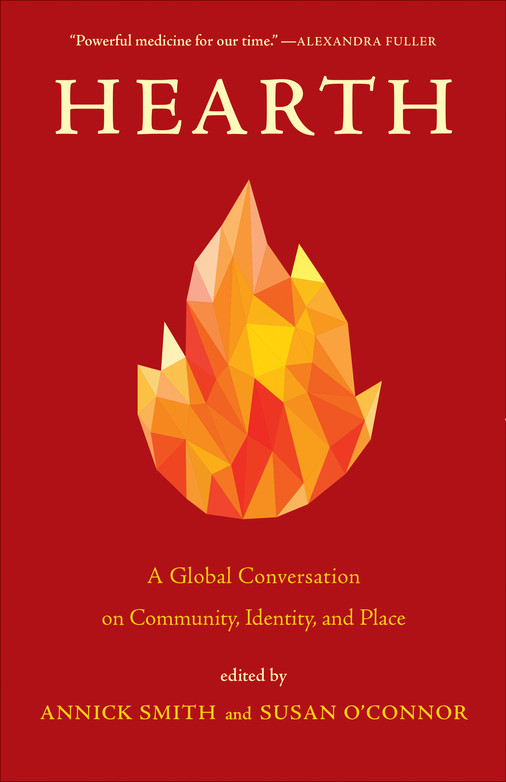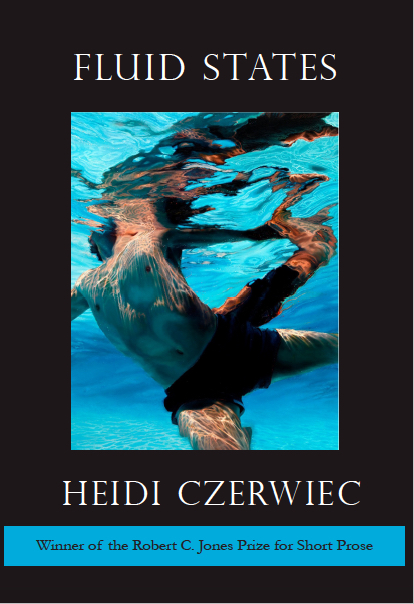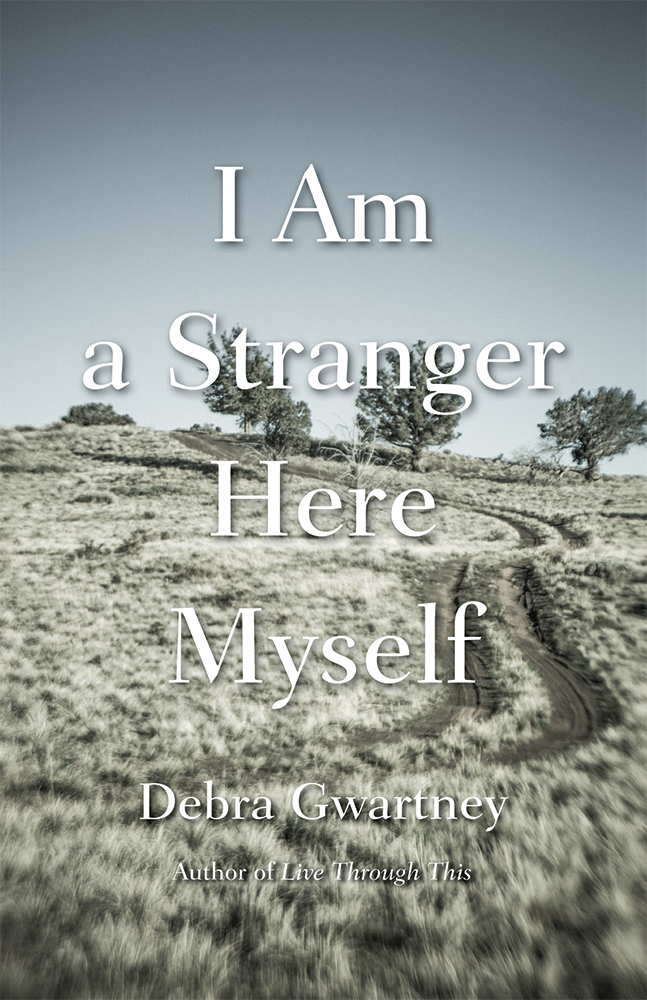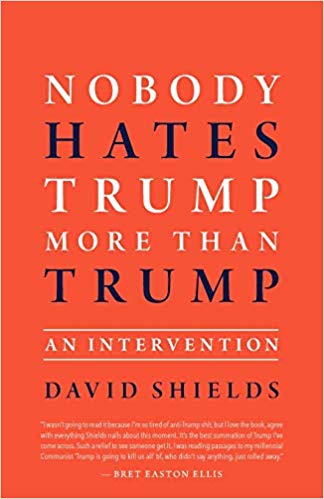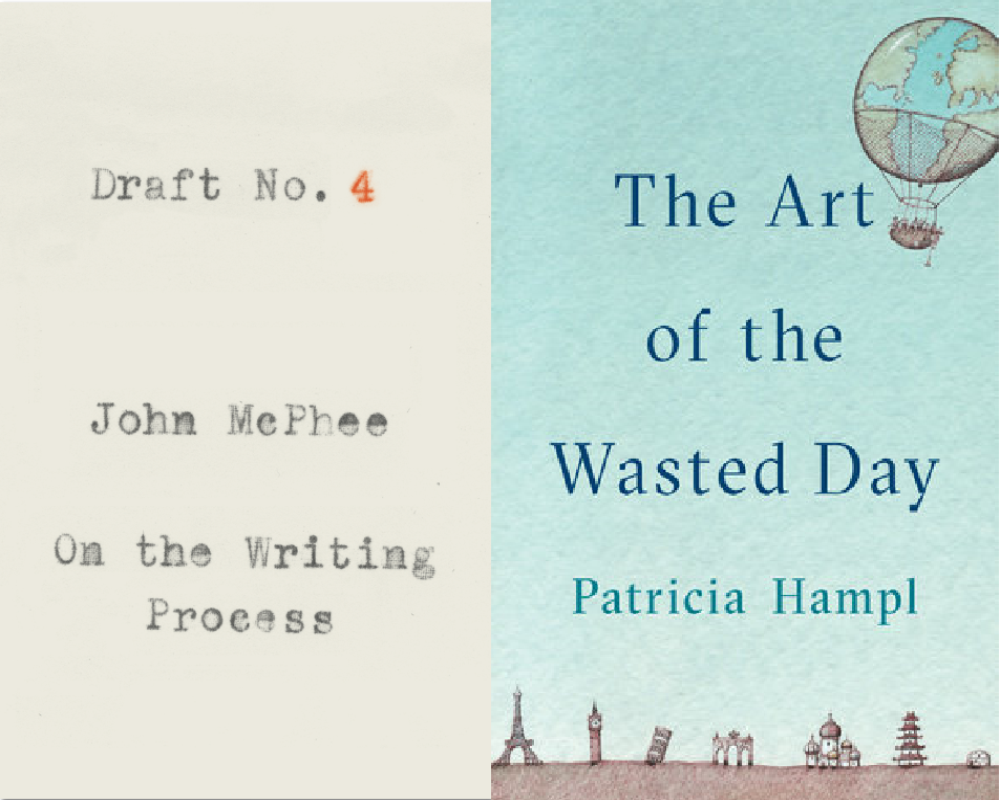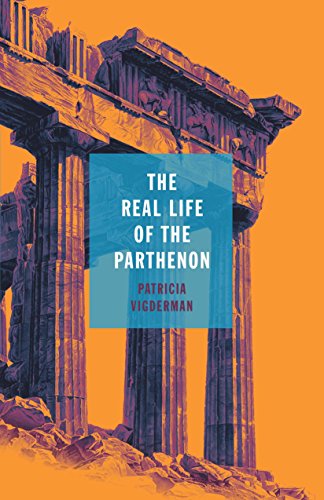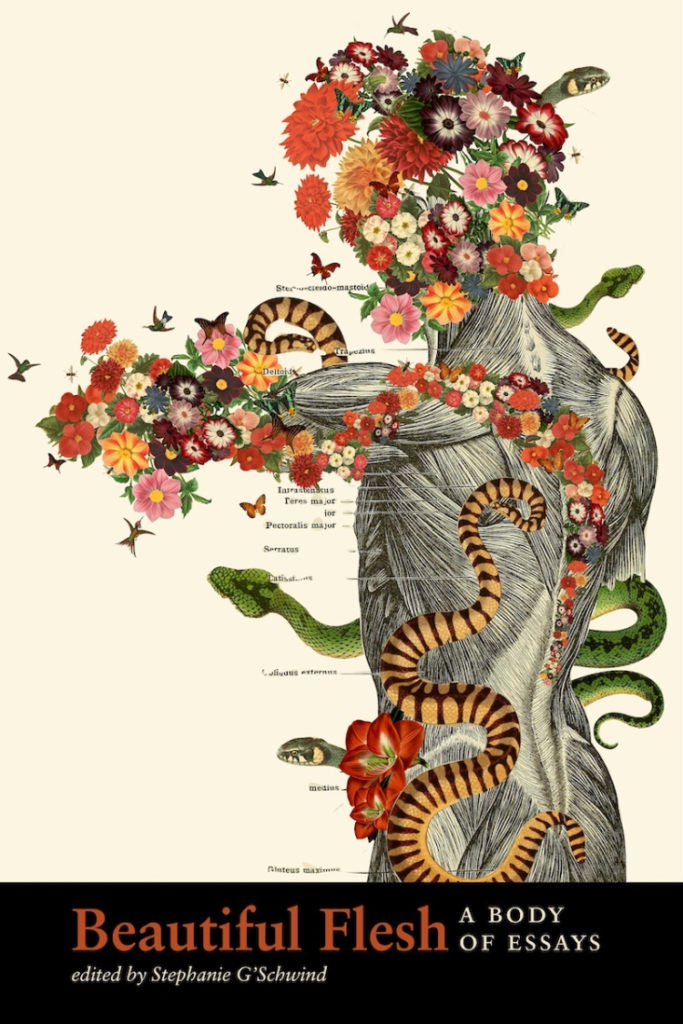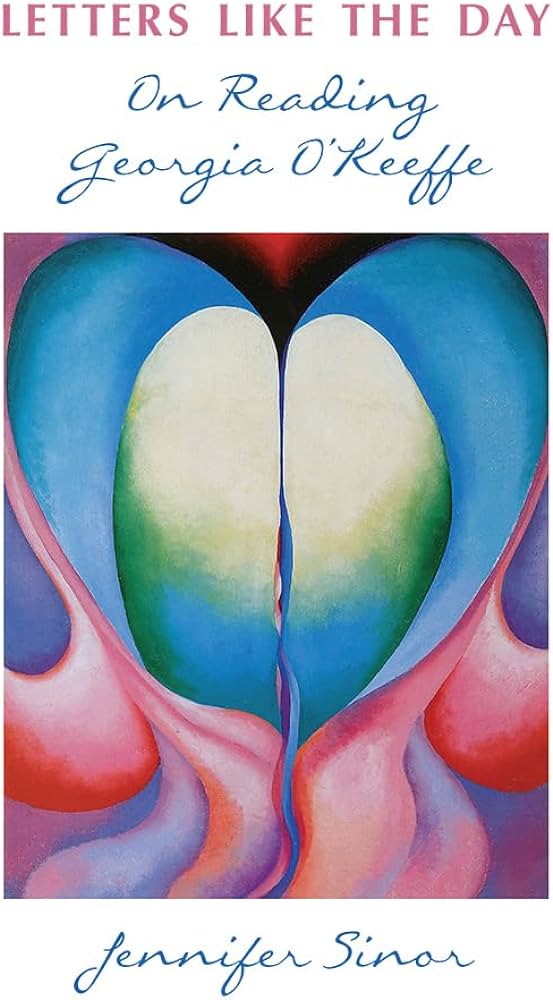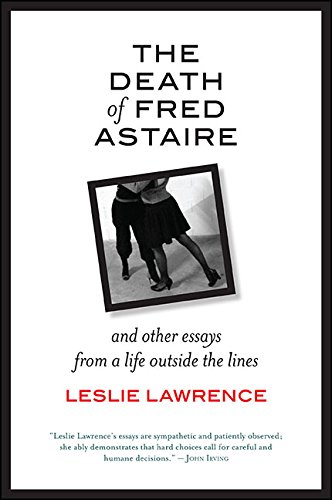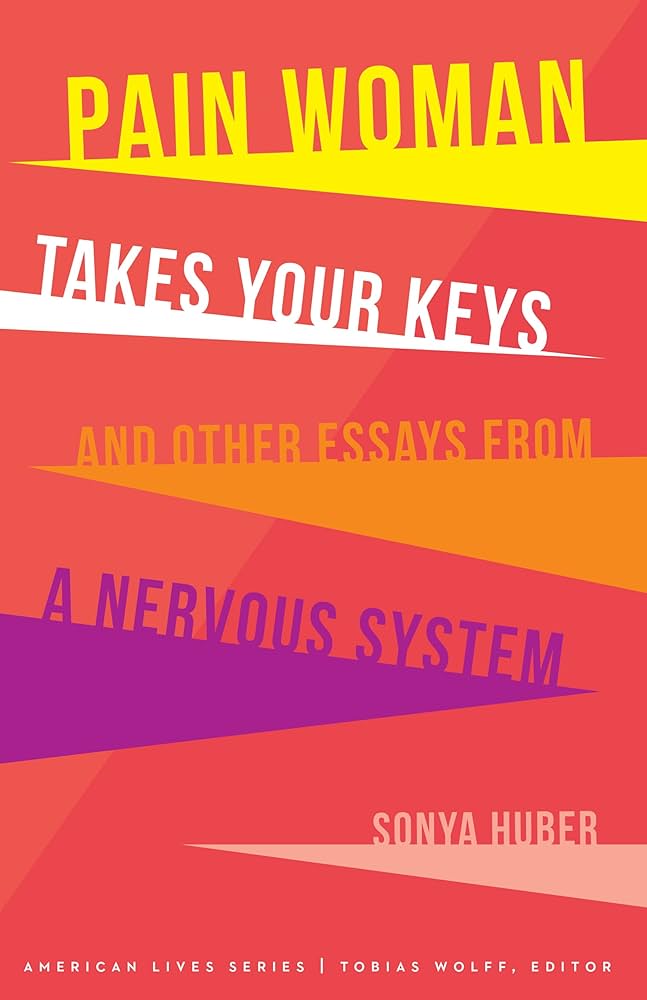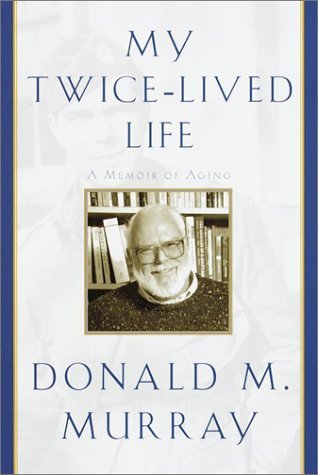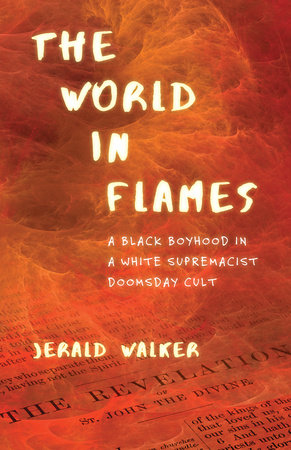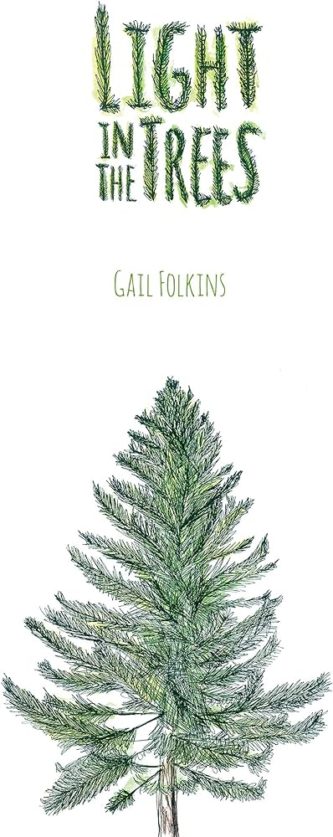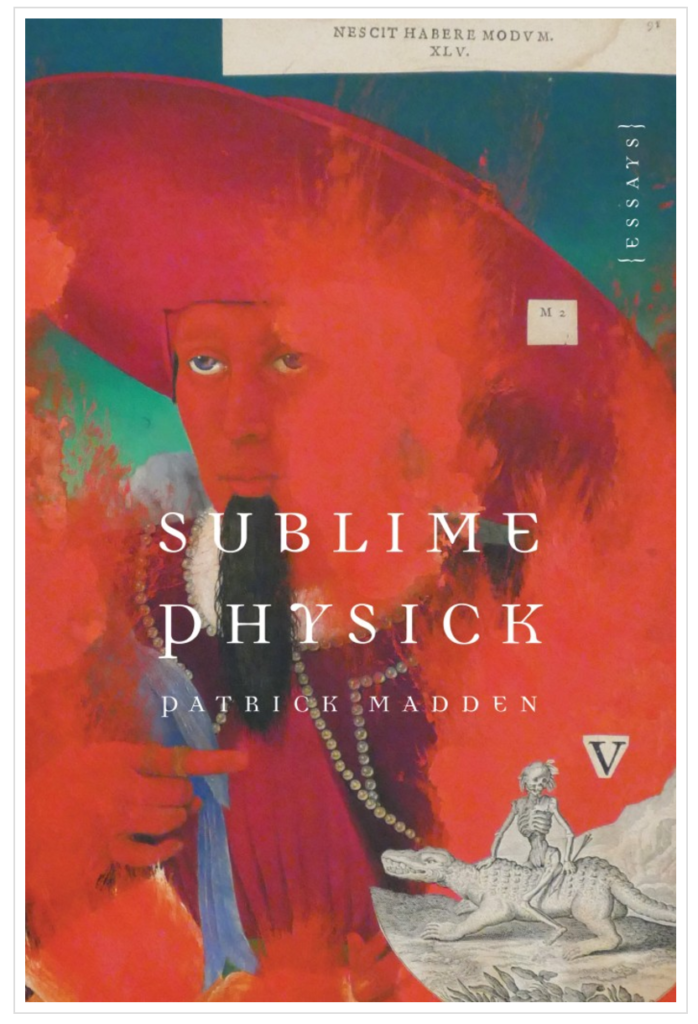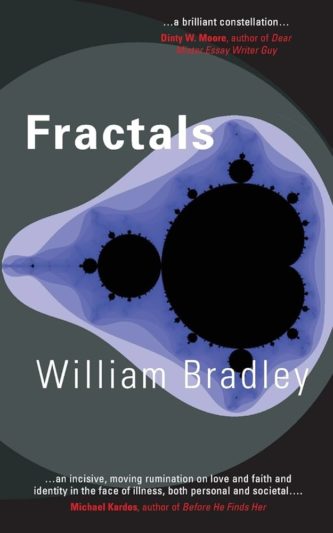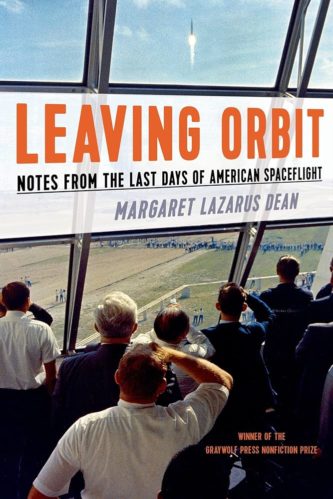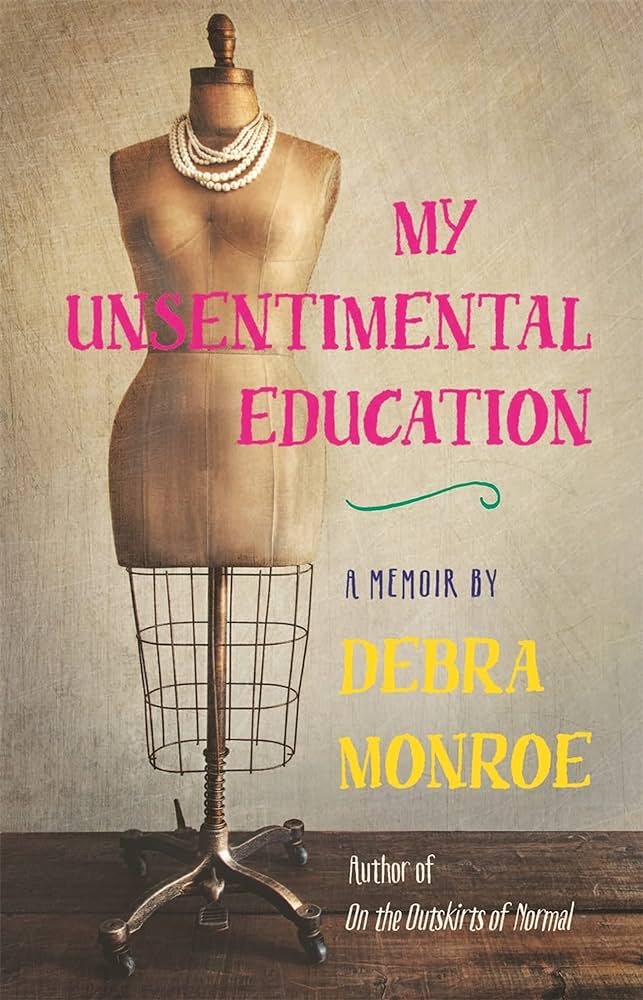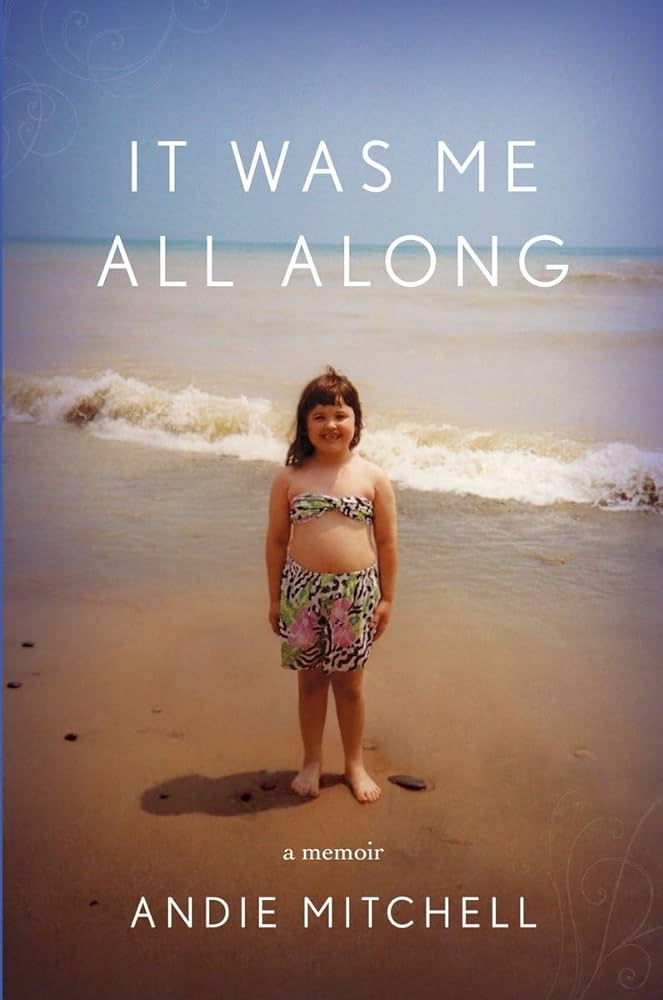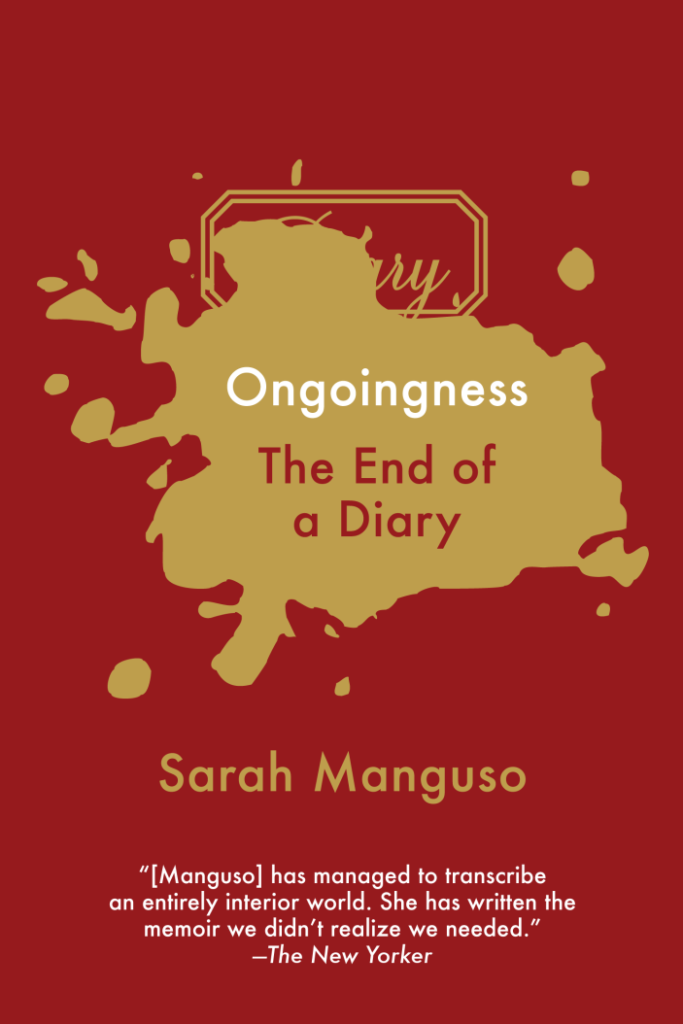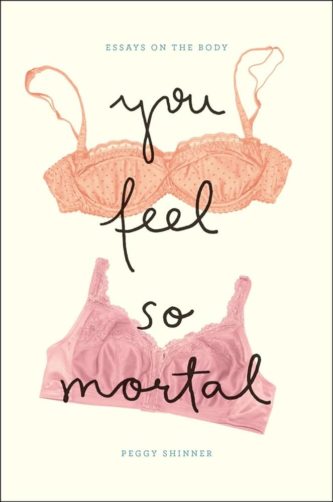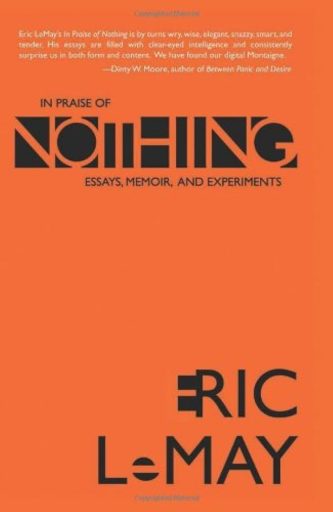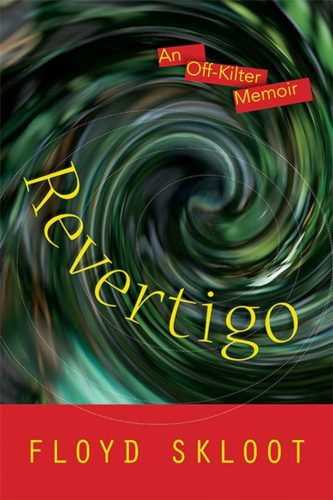By Karen Donley-Hayes
Should I Still Wish: A Memoir by John W. Evans
It may seem a foregone conclusion that Should I Still Wish, by John Evans, would make worthwhile reading. Evans is a Stanford University lecturer, memoirist, and winner of the River Teeth Literary Nonfiction Prize for Young Widower: A Memoir, in 2014. His writing has set him apart. What is not unique, however, is the subject of this memoir: death.
Unfortunately, just about everyone has the misfortune of knowing and loving someone who has died or is dying, and more than a few of us have been compelled to write about our experiences. It’s an arguably over-worn subject, but Evans’s story doesn’t disappear into the middle of the pack.
Evans’s memoir stands alone, in part, because of the circumstances at its foundation: the death of his wife Katie in a brown bear attack. (The attack occurred in the Carpathian Mountains of Romania when Katie was thirty; her husband, John, could only watch, while she was mauled to death.) That in itself would be fodder enough for many authors, but Evans does not start out telling us “a bear killed my wife.” He’s slow to parse out any details of how she died, instead sucking the reader into his emotional tumult as he struggles to find his way, literally and figuratively, from the grief and disorientation after Katie’s death as he plans his travel west “toward happiness.”
That he plots his journey on a map, exiting his home in Indiana and planning stops at national parks and wilderness areas on his way to visit California friends, doesn’t seem peculiar. If anything, it shows an understandable urge to remove himself from where he leaves Katie’s ashes and their life together. It’s a cathartic journey, this literal move away from the pain of losing Katie. But Evans’s anxiety, during his journey, chiefly about encounters with wildlife (or, for that matter, anything beyond his control or prediction), is exaggerated enough that the reader intuits there’s more to it than a sensible wariness.
Only in subtle details does he, at first, touch on the subject of bears. When he first expresses vague apprehension about encountering bears in the wilderness, it is innocuous enough—bear-awareness seems logical for one visiting nature preserves and parks. Yet, wherever he goes, he repeatedly refers to his fear. There is an undercurrent of obsession or paranoia to his bear concerns that piqued my curiosity, making me suspect there was something more than metaphor at work.
I give credit to Evans for not relying on the freakishness of Katie’s death as the primary driving force of the book. Rather, he risks building on emotions so common to anyone who’s trying to survive a loved one’s loss that the expression can become almost clichéd: anxiety, guilt, fear, anticipation. It’s through his honest and candid expression of these emotions that Evans is able to capture that which is common and vital to everyone’s grief regardless of its genesis.
Evans is forthcoming, even indulgent, in sharing his dependence on what he calls the “seen-your-kind-before-and-will-again trauma specialist.” He obsesses about moving away from Indiana physically and away from memories of Katie emotionally. Part of the latter struggle is how to grieve his first wife’s death while falling in love—and building a life—with Cait, a long-term friend whom the couple knew before Katie’s death. His guilt and thrill at this new love entwine with his fear: he berates himself for moving on too quickly before Katie has been dead even a year. He dreads the here and now as much as—perhaps more than—the past, which is at least known. “The present is ursine too,” he writes. “Standing in mid-river, I see no bears. Which is not to say they are not there.”
On his trek, he passes through South Dakota and into the Badlands—and while it is a metaphorical crossing for Evans, it’s also a literal plunging into the maw of the bear-attack-as-memory. As his story progresses, the bear theme solidifies and takes form. He grapples with its violence, though he is slow to give us details. The most he reveals—by way of an imagined conversation with Katie that doesn’t take place until near the end of the book—is that a brown bear killed her, (which he does describe in Young Widower). I want to know more about this, the how and the why and Evans’ role in the event. But he doesn’t deliver that information. This is one area I found wanting, at least, to learn the basic facts of the attack.
What I do glean from his imagined conversations with her is his attempt to justify—and forgive himself for—living on without her, for falling in love with and marrying Cait, having children, loving them and his life with them without disqualifying his love for Katie. The title of the memoir, Should I Still Wish, implies a key question: How can something so good be born of something so bad? It’s a complex emotional dilemma, one to which I can relate. My best friend Ashley and I grew up together after her first mother died and her widowed father remarried and moved to Ohio. It feels callous to acknowledge that something beautiful—our lifelong friendship—was born from something so ugly. It’s hard not to feel guilty about being a beneficiary of that tragedy.
My paradox was simpler than Ashley’s or her father’s. Ashley loved her “first mother,” as she called her, and so did her father. But they also both loved and had full and rewarding lives with Ashley’s “second mother.” That first love took nothing away from the second love. The reverse is true, too. They had a loving family, a second marriage that outlived the first by decades. It’s not a secondary love, even though it was not the treasured first love. Its honesty and quality take nothing away from the love of Ashley’s “first mother”; it’s just different. But it cannot be easy balancing and understanding the fact that the loss of that first mother opened the door for the birth and growth of the subsequent one.
Evans circumvents addressing these issues directly. Instead, he presents questions—and obliquely answers them—in letters and conversations, literal and imagined, which he writes to others. In one, to his then-toddler son, he eloquently voices the conflict he still feels for loving Katie. He wonders if his son will be angry with him someday because he loved someone before he loved the child’s mother. Still, years after Katie died, Evans feels the need to explain, examine, and justify how he can intensely love his children, love their mother, and still love the wife he lost, and their life together that died with her.
This is the fundamental theme flowing throughout Evans’s story—an idea that I think is much easier to verbalize theoretically than to accept and embrace literally. Even then, he does so in the form of an imagined conversation with Katie. I think it’s really a message to himself.
If you speak at all when I imagine you, you would say things like, “You could not have saved my life.” I say, “Maybe.” You smile at me in that way that means, Well, we both know how this is going to end, or you say it outright: “Really, John? A bear? You were going to stop a grizzly bear?” And we go back and forth like that, starting and stopping our fight. . . . “What does that night have to do with you now, John? I’m the one who died. You are the one who lived. I was killed by a fucking bear, and you married Cait and moved to California and started a big family. . . . Can’t you just fucking be happy—the boys, Cait, California, the writing and teaching—can’t you get over yourself?” . . . Of course, you never swore like that. You never lost your cool when you were really upset. What I would hear, instead, would be the sound of my voice as I have trained it to sound like yours. . . .”
It takes him nearly the entire book to admit happiness. That, too, he does in the form of a letter. “Yes, I’m happy,” he writes to Katie. “Happier than I have any right to feel. And I never say the next thing that comes to mind, which seems in many ways just as true. I was happy before you died, too.”
University of Nebraska Press
$19.95 Paperback and eBook | Buy Here!
Karen Donley-Hayes’s short stories and essays have appeared in numerous publications including the Journal of the American Medical Association, Creative Nonfiction, Chicken Soup for the Soul, Quotable, The Saturday Evening Post online, several anthologies, and numerous equestrian magazines. She has a Master of Arts in Interdisciplinary Studies and a Master of Fine Arts in Creative Writing.

